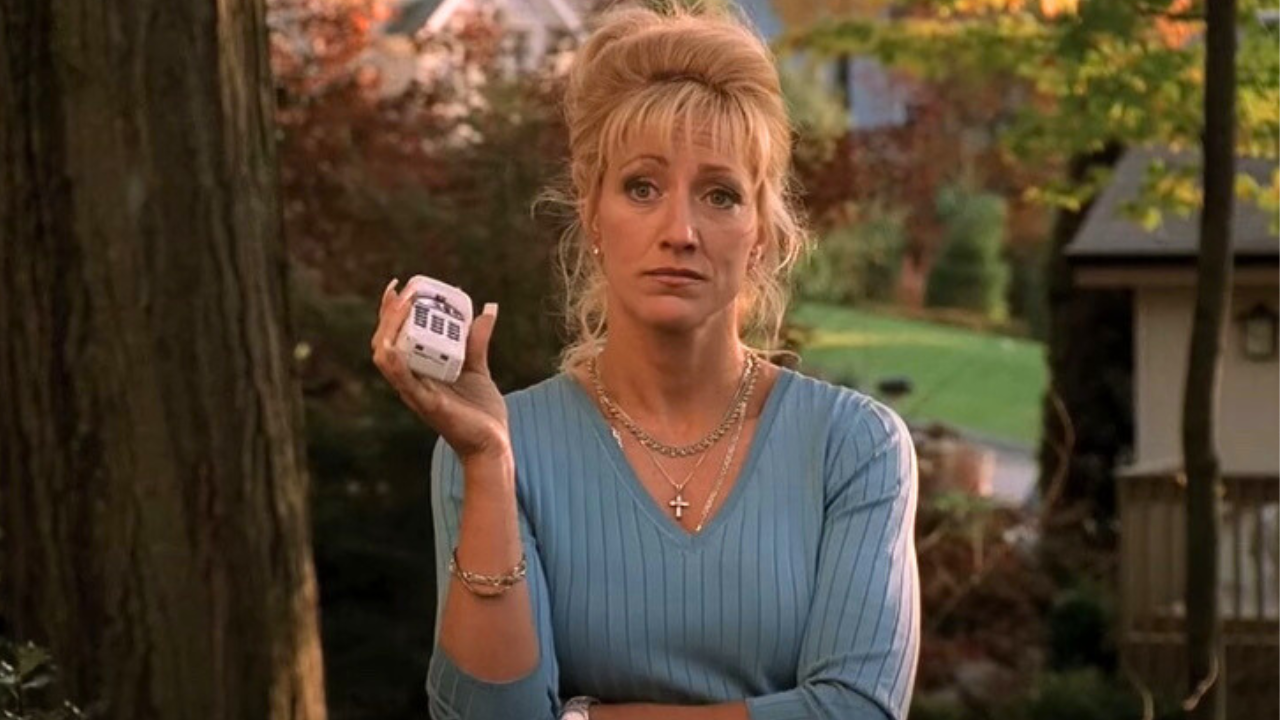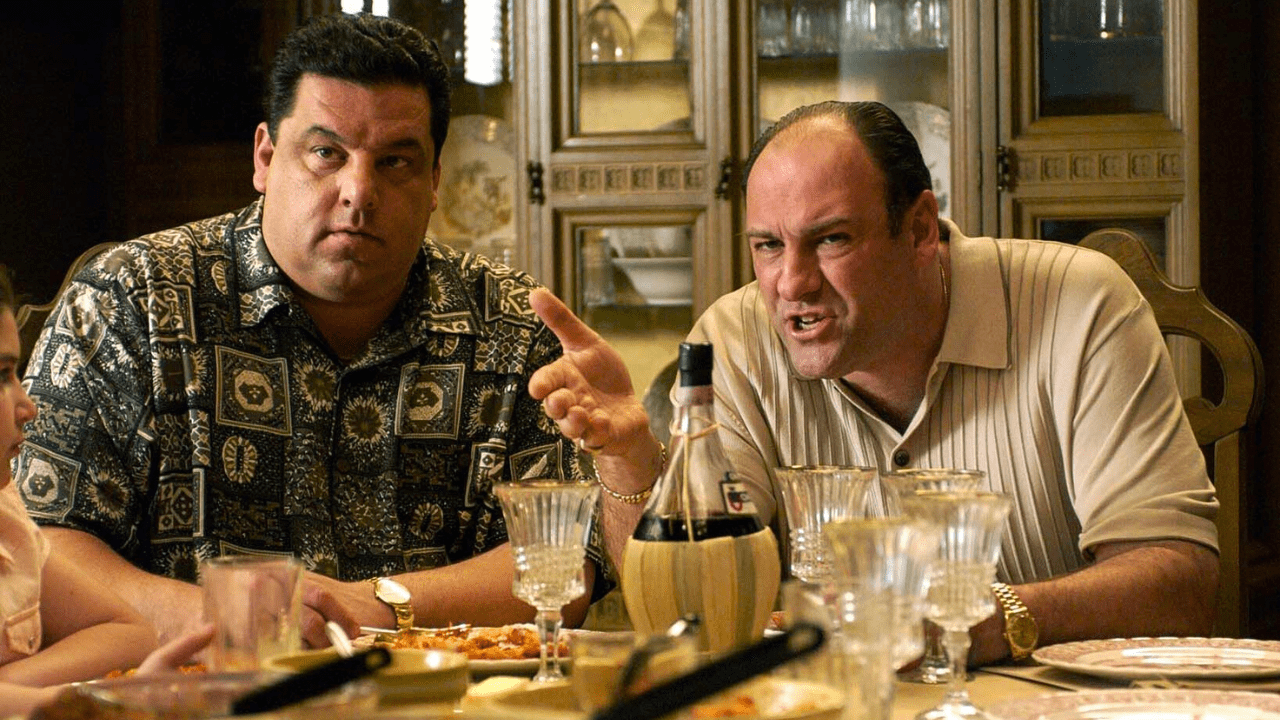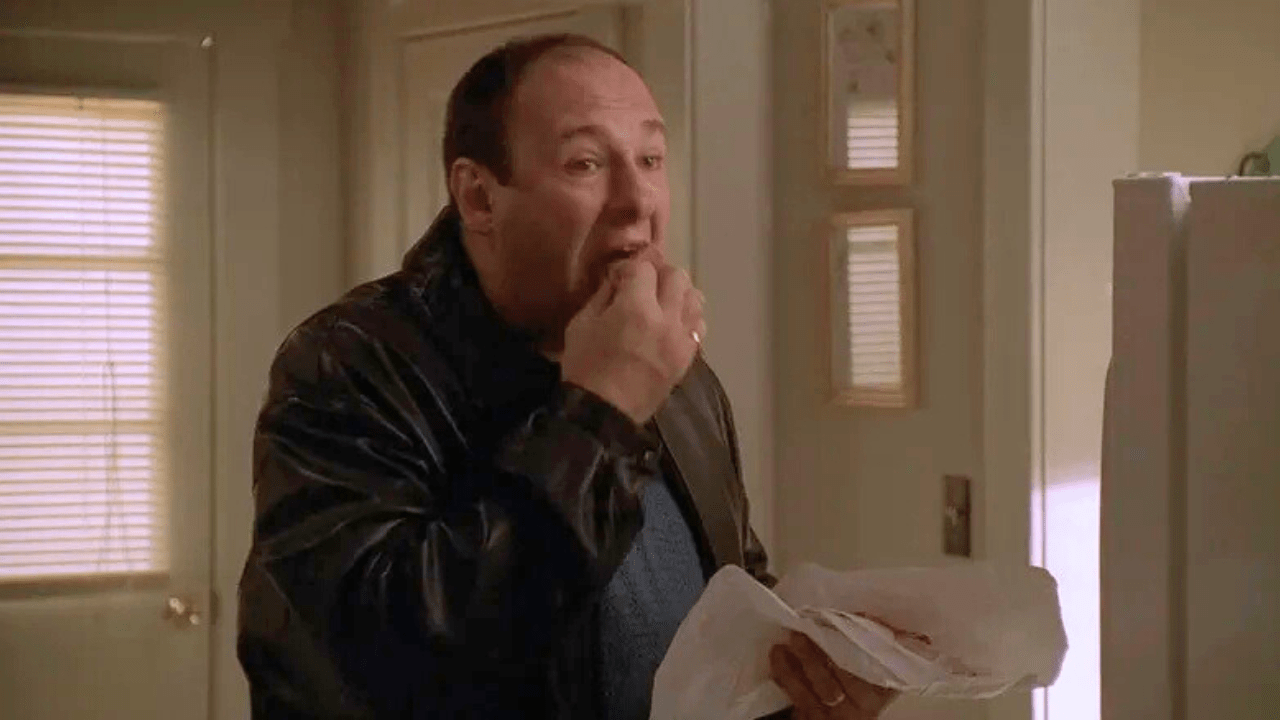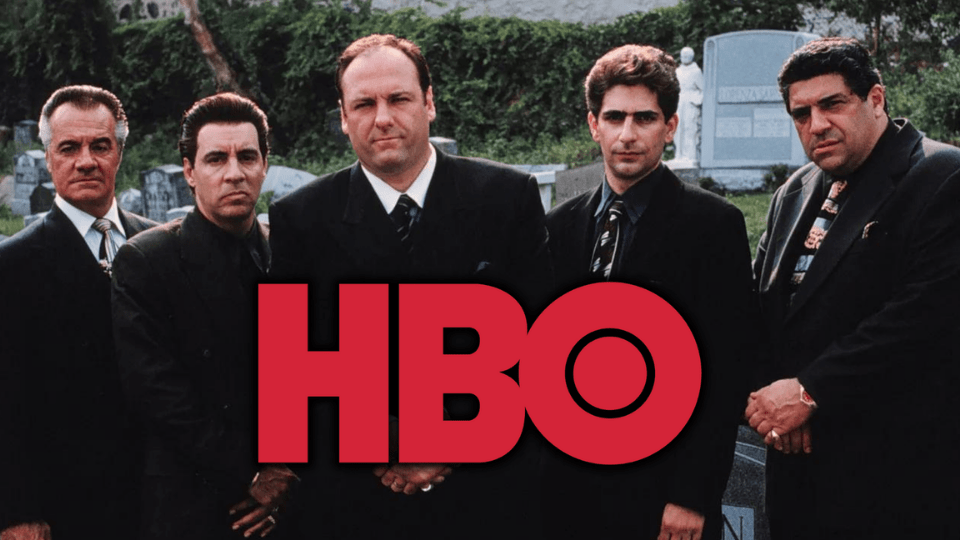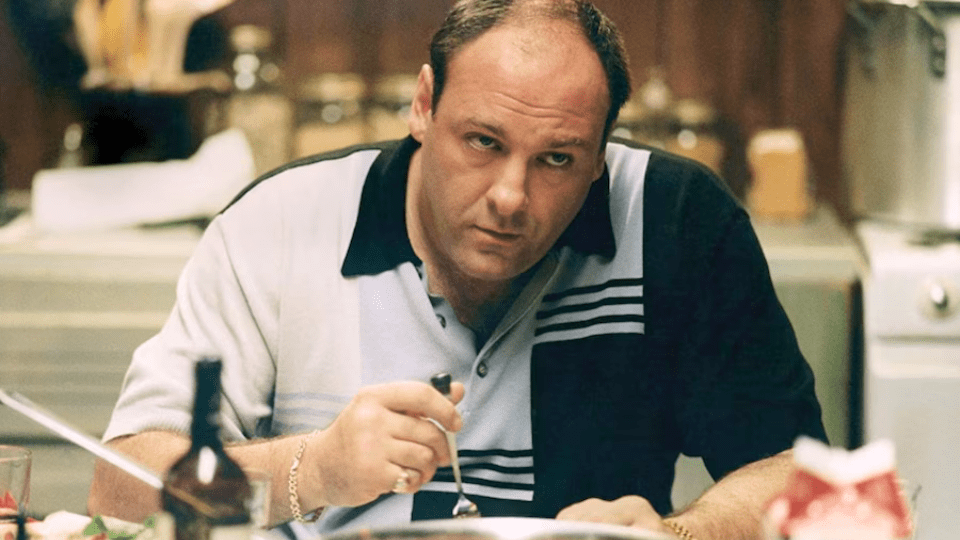You're watching The Sopranos, a show lauded for its complex characters and gritty realism. And then a character says something that sounds like they just gargled a handful of rocks. They’re not speaking a different language, exactly - they're speaking Sopranos. It's a glorious, linguistic symphony of regional Italian-American slang, Neapolitan dialect, and mobster-speak that's as iconic as Tony's bathrobe.
If you've ever felt like you needed a translator, don't worry. We've got you covered. Here's a glossary to help you navigate the rich, hilarious, and sometimes baffling language of the Bada Bing!
Stugots
- What it means: A plural term for testicles.
- The Sopranos way: Tony's boat is named "The Stugots," which is a fantastically subtle (or not-so-subtle) way of asserting his masculinity and power. It's also used to describe someone's audacity.
- Used in a sentence: "You got some stugots on you, asking for a promotion after you screwed up that delivery."
Goomah
- What it means: A mistress or girlfriend of a married mobster.
- The Sopranos way: The show is filled with goomahs, from Tony's long-term relationship with Valentina La Paz to his many dalliances. It's a term that's both dismissive and a necessary part of the lifestyle.
- Used in a sentence: "Tony's got a new goomah, she's a piece of work, I tell ya."
Marone
- What it means: An exclamation of surprise, shock, or exasperation. A shortening of Madonna, as in the Virgin Mary.
- The Sopranos way: This is the go-to sound effect for any dramatic moment. It's the Italian-American version of "Oh my God!" and it's used liberally to express a wide range of emotions, from dismay to awe.
- Used in a sentence: "Marone! You're gonna eat all that spaghetti?"
Gabagool
- What it means: A delicious, dry-cured pork neck cold cut. Also known as capicola or capocollo.
- The Sopranos way: This is Tony’s comfort food. He famously eats it straight out of the fridge, a nostalgic taste of his childhood that’s both comforting and a constant reminder of his deeply rooted issues.
- Used in a sentence: "I'm telling you, this is the best gabagool I've had in a long time."
Consigliere
- What it means: A trusted advisor or counselor to a mob boss.
- The Sopranos way: Silvio Dante is Tony's consigliere. He's the one who offers a cold, logical perspective on business, crime, and family matters, often with a bizarre Al Pacino impression.
- Used in a sentence: "Don't bother the boss, go talk to his consigliere."
Whacked
- What it means: To be murdered.
- The Sopranos way: This is the most common euphemism for murder on the show. It’s always a sudden, brutal, and often surprisingly mundane event, like a trip to the bakery.
- Used in a sentence: "Word on the street is he got whacked for dipping his beak too far into the till."
Schifosa
- What it means: Disgusting or repulsive.
- The Sopranos way: This is a term of ultimate disapproval, often used by the matriarchs of the show to describe something they find truly vile.
- Used in a sentence: "That dress is so schifosa. You look like a streetwalker."
Caporegime (Capo)
- What it means: A captain in a crime family who leads a crew of soldiers.
- The Sopranos way: This is the title of many of the show's main characters, including Paulie Walnuts and Christopher Moltisanti. It's a position of respect and a stepping stone to greater power.
- Used in a sentence: "You gotta respect the capo. He runs the show."
Manigot
- What it means: The delicious pasta dish manicotti.
- The Sopranos way: A perfect example of the Italian-American dialect. It's the kind of comfort food that Sunday dinner is built around.
- Used in a sentence: "Ma's making manigot for dinner. Better be on time."
Goomba
- What it means: A male friend or a fellow Italian-American.
- The Sopranos way: A term of endearment, a way to greet a friend or associate. It can also be used as a slightly derisive term for someone who acts like a caricature of an Italian-American.
- Used in a sentence: "Hey, what's up, goomba? Long time no see."
Mutz
- What it means: Mozzarella.
- The Sopranos way: It's the centerpiece of many a deli sandwich. A good fresh slice of mutz is a thing of beauty and a point of pride.
- Used in a sentence: "Get me a sandwich with some fresh mutz, prosciutto, and roasted red peppers."
Large
- What it means: A slang term for being a mobster.
- The Sopranos way: It's a way to describe someone who is "in the life," without explicitly saying so.
- Used in a sentence: "He's not a regular guy. He's connected. He's large."
Underboss
- What it means: The second-in-command of a crime family.
- The Sopranos way: Bobby Bacala becomes Tony’s underboss. He’s the one who stands just below the boss, with a lot of responsibility and a huge target on his back.
- Used in a sentence: "You're the boss now, but you still need to listen to the underboss."
Prujoot
- What it means: Prosciutto, a dry-cured ham.
- The Sopranos way: Like gabagool and manigot, this is another example of how the Italian-American dialect transforms a word. It’s a staple of a good Sunday meal or a sandwich.
- Used in a sentence: "I'm gonna make a sandwich with prujoot and fresh mozzarella."
The Bing
- What it means: The Bada Bing! strip club.
- The Sopranos way: This is the mob's headquarters, a place where business is discussed, secrets are shared, and deals are made, all under the guise of an adult entertainment venue.
- Used in a sentence: "Meet me at the Bing. We got something to discuss."
Sfogliatelle
- What it means: A delicious shell-shaped pastry filled with ricotta cheese and candied peel.
- The Sopranos way: The show often features classic Italian pastries, and the sfogliatelle is one of them. It's a symbol of the old world traditions that many of the characters cling to.
- Used in a sentence: "Ma, did you pick up a sfogliatelle from the bakery?"
Gavone
- What it means: A glutton or a slob.
- The Sopranos way: It's a deeply insulting term for someone who eats too much or acts slovenly.
- Used in a sentence: "You're a real gavone the way you're eating all the pasta."
Oobatz
- What it means: Crazy or off one's head.
- The Sopranos way: This is a term used to describe someone's eccentric or unhinged behavior, often with a hint of affection.
- Used in a sentence: "That guy's oobatz! He tried to flip the table over!"
In the wind
- What it means: To have disappeared.
- The Sopranos way: A euphemism for a character who is either in hiding or has been "whacked."
- Used in a sentence: "Ever since he crossed Tony, he's been in the wind."
Omertá
- What it means: The code of silence.
- The Sopranos way: This is a sacred, unwritten rule of the mob: you don't talk to the police, you don't rat out your associates, and you keep your mouth shut.
- Used in a sentence: "Remember your omertá. Don't say a word."
RICO
- What it means: The Racketeer Influenced and Corrupt Organizations Act, a federal law that allows for the prosecution of organized crime figures.
- The Sopranos way: RICO is the boogeyman of the show. It's the ever-present threat of a long prison sentence that looms over every character's head.
- Used in a sentence: "If the feds get us on a RICO case, we're all going away for a long time."
Cugine
- What it means: Cousin.
- The Sopranos way: It’s a term for a family member, whether a real cousin or just a close friend. It's a way to show loyalty and respect.
- Used in a sentence: "Hey, cugine, what do you say we go for a drive?"
Waste Management
- What it means: A front business for the mob.
- The Sopranos way: This is the most famous cover for the New Jersey family's illegal activities. It's a perfect cover, as it provides a legitimate reason to own trucks, warehouses, and have a lot of cash on hand.
- Used in a sentence: "Tony runs that whole waste management business
